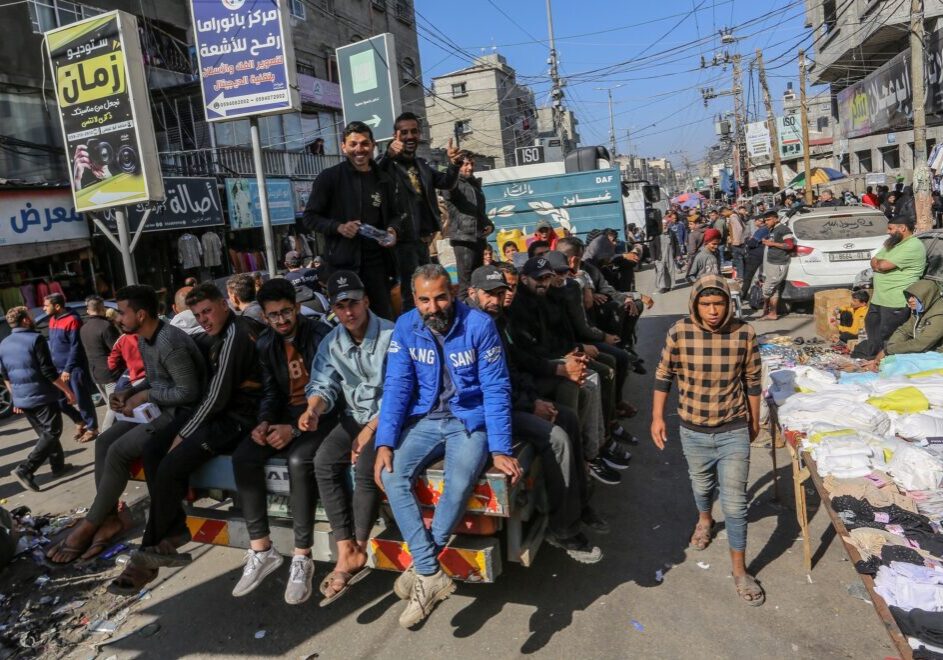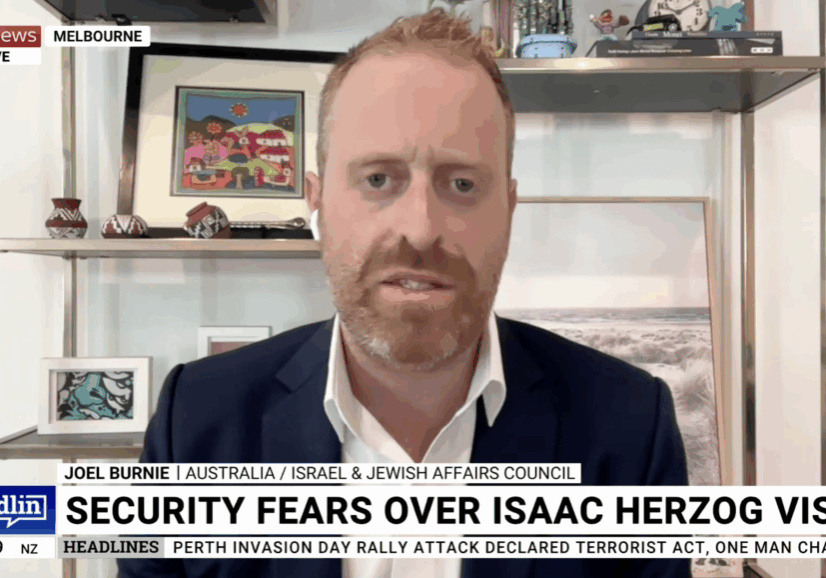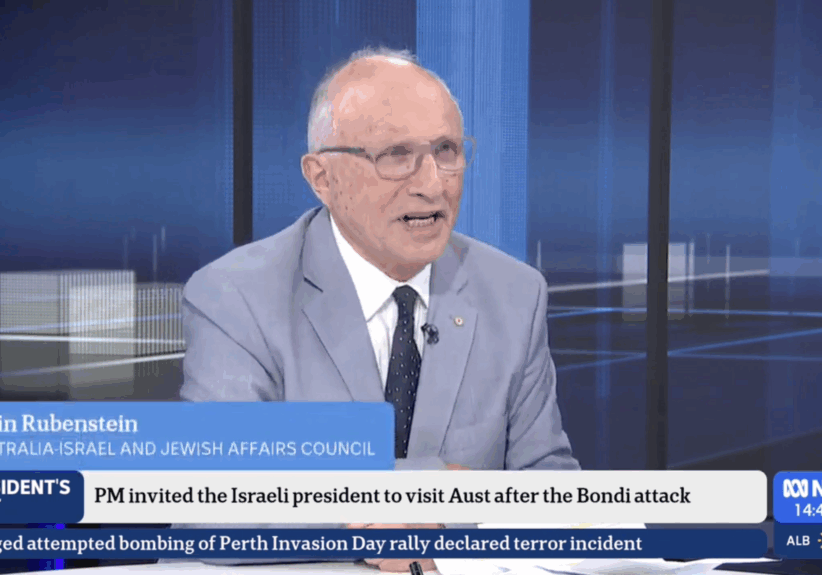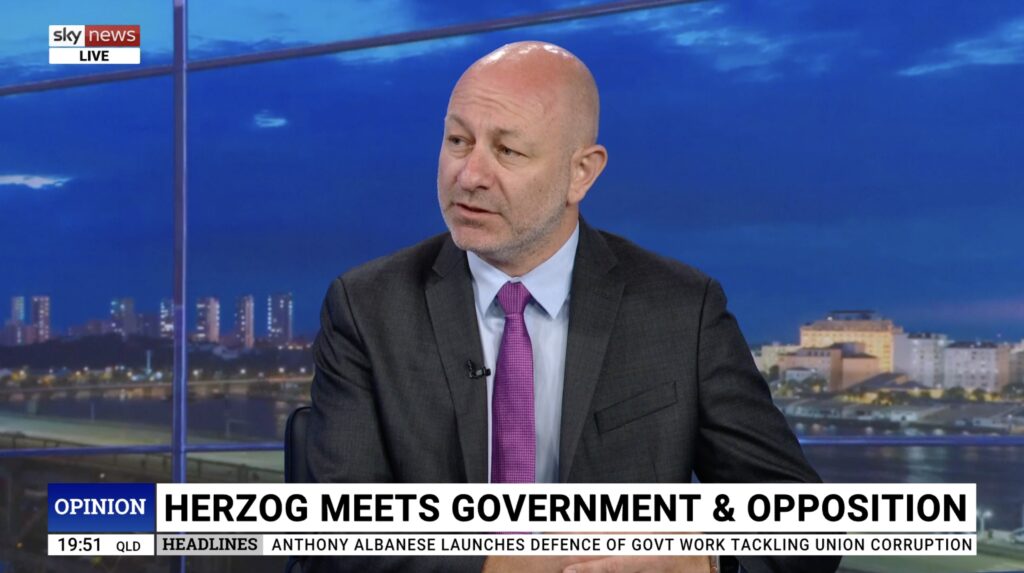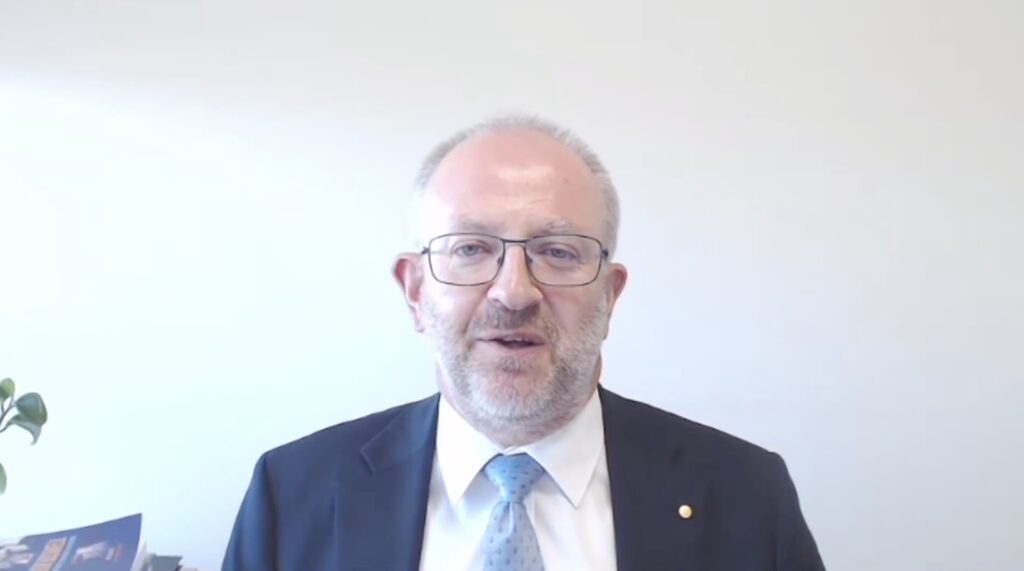FRESH AIR
From football to Facebook: European antisemitism strategy impresses
October 12, 2021 | Naomi Levin
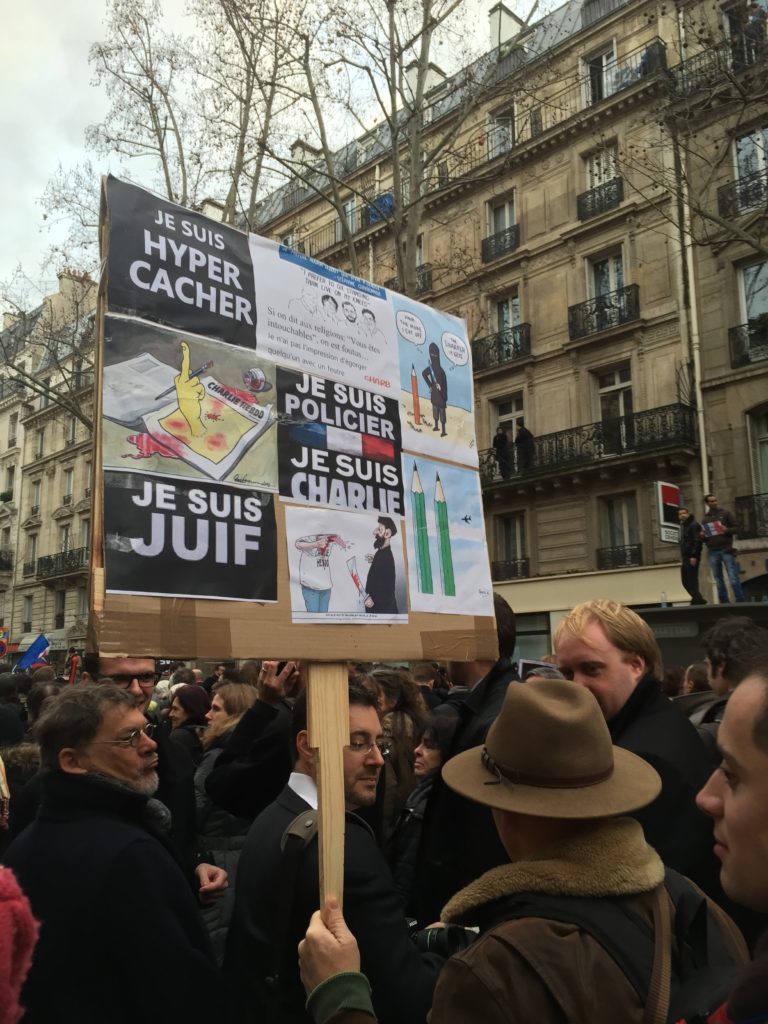
Historically, nowhere has antisemitism been more starkly destructive than in Europe.
Before WWII, the Jewish population of Europe was 9.5 million. Following the murder of six million Jews during the Holocaust, and the subsequent emigration of many more who were subjected to the atrocities perpetrated by the Nazis and their supporters, the European Jewish population today stands at 1.5 million.
Tragically, antisemitism remains a problem in Europe. In the past nine years, there have been five fatal antisemitic attacks on the Continent– at a Jewish school and kosher supermarket in France, at a synagogue in Denmark, at the Jewish museum in Brussels and at a German synagogue on Yom Kippur 2019 – plus two separate antisemitic murders in France.
In October, the European Commission published its first comprehensive blueprint to stop antisemitism, called the “EU Strategy on Combating Antisemitism and Fostering Jewish Life” (2021-2030). It is a remarkably comprehensive strategy, which, if implemented, will show a serious commitment to protecting Jewish people and Jewish life in Europe.
Ursula von der Leyen, President of the European Commission, launched the strategy, quite rightly calling it “ambitious”. She noted the three goals of the policy were to strengthen the fight against antisemitism, to foster European Jewish life and to preserve the memory of the Holocaust.
The strategy was warmly welcomed by Jewish groups. The European Jewish Congress (EJC) called it “an unprecedented and vital document”.
“It is a commitment to the Jews of Europe that we belong and are a vital part of the European future, and the continent’s decision-makers will be making a supreme effort to ensure Jewish life flourishes,” said Moshe Kantor, President of the EJC.
The AJC Transatlantic Institute said the EU “should be applauded” for its strategy.
“It is reassuring to see that the strategy aims at tackling antisemitism whether it originates from the far-right, the far-left, Islamists or mainstream society and clearly identifies ’Israel-related antisemitism’ as a major problem. As the Commission notes, it is in fact ‘the most common form of antisemitism encountered online by Jews in Europe today,’” said AJC Transatlantic Institute Director David Schwammenthal.
So what does the strategy propose? First, it notes that previous efforts to prevent a rise in antisemitism have not worked.
Importantly, it recommits the EU to the International Holocaust Remembrance Alliance (IHRA) definition of antisemitism and acknowledges that the most common form of antisemitism found online today is Israel-related antisemitism.
Words are backed by various funding commitments, including a 1.55 billion Euro fund to promote fundamental rights, and pledges to stop funding any programs that are being run in any European member-state that discriminate against Jewish people or breach any EU anti-discrimination rules.
From a legal point of view, the strategy pledges to strengthen legal mechanisms that cover hate crimes and hate speech and urges member states to provide more support to victims of antisemitic crimes. It notes the need for better training for police in handling victims of antisemitic crimes and says work will be done to improve reporting of antisemitic incidents.
Noting the level of antisemitism online, the strategy outlines a range of measures already being undertaken – or being planned – to work to reduce antisemitism in cyberspace. These include working with organisations to develop counter-narratives against rapidly spreading online conspiracy theories and supporting a “hackathon” to find innovative ways to address antisemitism online.
On physical security, the European Commission will organise a high-level conference to discuss the protection of Jewish communities across Europe. Funding of 24 million Euros will also be provided to protect synagogues.
The strategy even pledges to support training for journalists to recognise all forms of antisemitism, including any unconscious antisemitic bias in reporting; it plans to address antisemitism in sport, including via social media campaigns; and it aims to connect the Jewish festival of Tu b’Shvat to the EU’s pledge to plant three billion trees by 2030.
Finally, the strategy recognises the importance of educating young people about antisemitism, including the Holocaust, and “reflects Europe’s commitment to keep the memory of the Holocaust alive, even after the last Holocaust survivors have passed away.”
It finds “currently one European in 20 has never heard of the Holocaust, and less than half of Europeans think it is sufficiently taught in schools.” To correct these deficiencies, the European Commission wants to create a network of sites it calls “where the Holocaust happened”, as well as continuing to support public Holocaust memorials and commemorations.
A huge amount of work will be required to implement all of the action items listed in this ambitious strategy, but it is a remarkable document that should set the benchmark for other countries serious about combatting contemporary antisemitism. European leaders have very good reason to know what happens when you fail.
Tags: Antisemitism, Belgium, EU, Europe, European Union, France, Germany
RELATED ARTICLES

Herzog visit gives comfort and hope to our grieving community: Arsen Ostrovsky on Sky News







